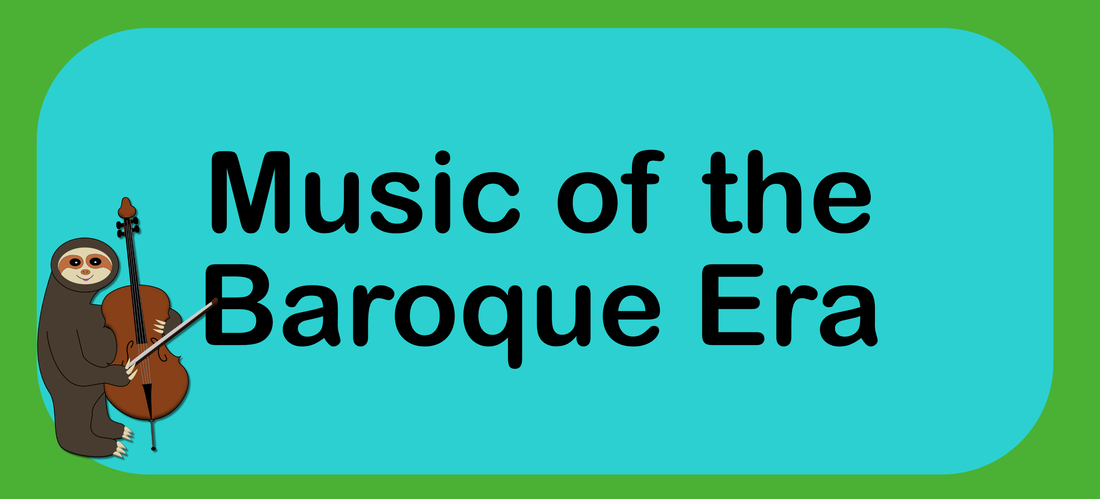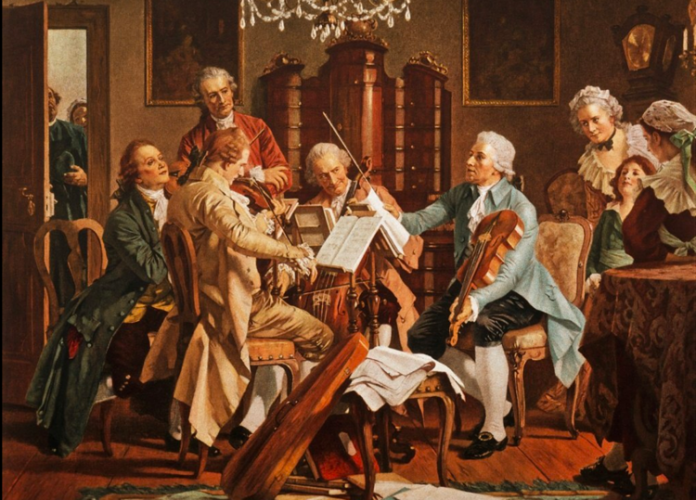The Baroque EraBaroque music is a beautiful and ornate style of classical music that was popular in Europe from the early 1600s to the mid-1700s. This musical period was named after the Baroque period, which was a time of great artistic innovation and achievement. During this time, many new musical forms were developed, including opera, sonatas, and concertos. These new forms allowed composers to express emotions and ideas in new and exciting ways through their music.
Some of the most important and influential composers of the Baroque period were Johann Sebastian Bach and George Frideric Handel. Bach was a German composer and musician known for his complex harmonies, use of counterpoint, and emotional depth. Handel, also a German composer, was known for his operas, oratorios, and instrumental music, and his most famous work is the oratorio "Messiah." One of the unique features of Baroque music was the use of improvisation. Many pieces performed during this time were not written down, but were instead improvised by the musicians, which allowed for a great deal of creativity and spontaneity in performances. Another unique feature was the development of new musical instruments such as the harpsichord and the violin. These instruments allowed for new sounds and textures to be created in music. Opera was one of the most important musical forms of the Baroque period. It was a form of musical theater that combined singing, acting, and dance, and was highly popular among the wealthy and aristocracy. Many of the greatest composers of the Baroque period, including Handel and Bach, wrote operas. Another important form was the concerto, which featured a solo instrument or group of instruments playing with an orchestra. Today, the music of the Baroque period continues to be studied and enjoyed by musicians and music lovers around the world. Its intricate melodies, complex harmonies, and emotional depth make it a timeless and captivating style of music that continues to inspire new generations of musicians and listeners alike. |
Baroque Vocabulary
|
|
Contact Us:
By Email: info@plumrosepublishing.com By Mail: PO Box 6917 Hudson, FL 34674 |
We use PayPal: PayPal accepts Debit or Credit Card
Price plus tax and shipping and handling
Price plus tax and shipping and handling
company id 100


